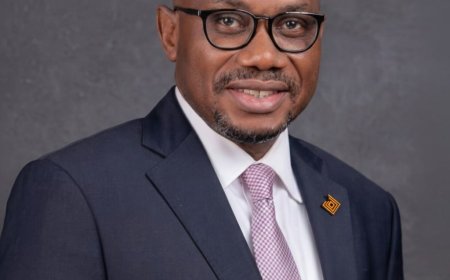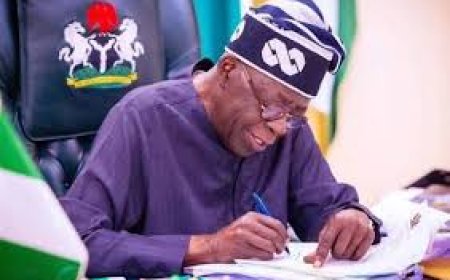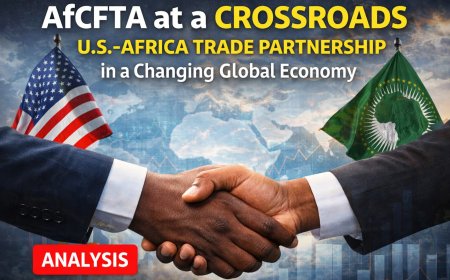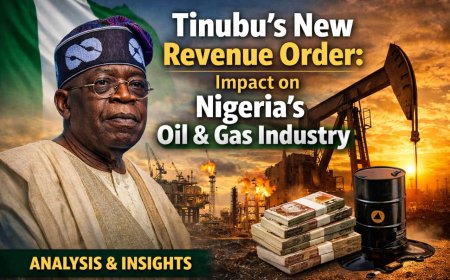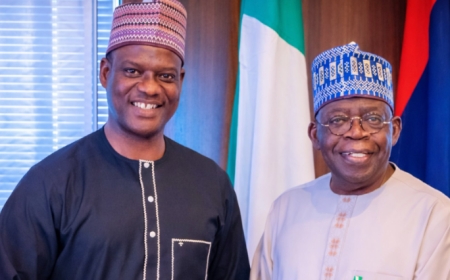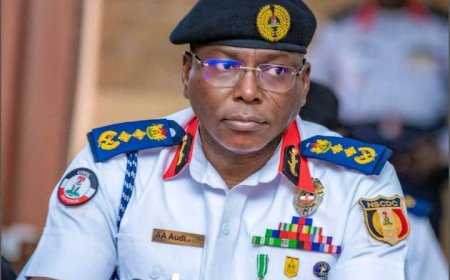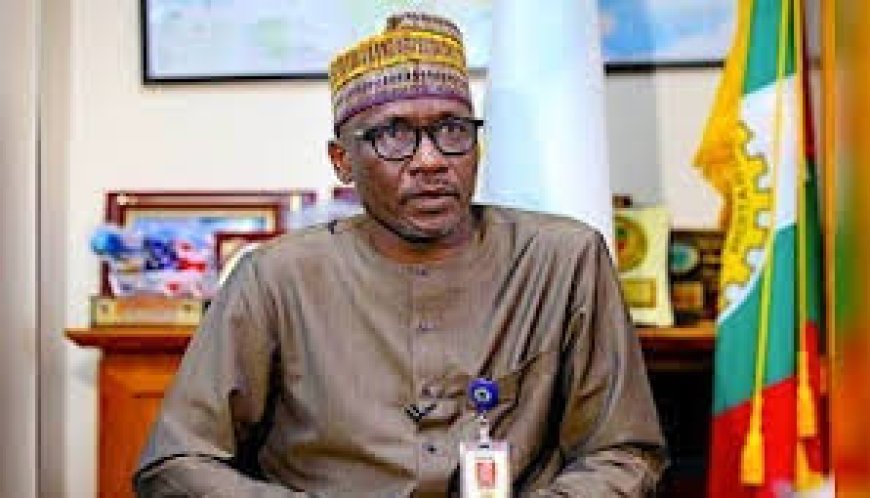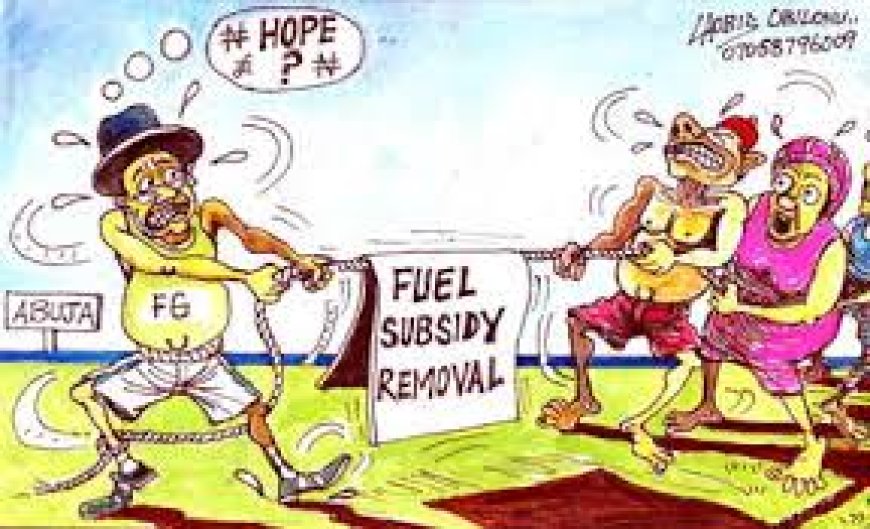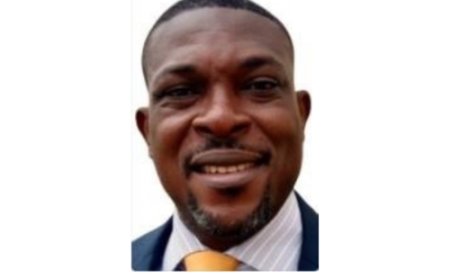The $6.8 Billion Fuel Subsidy Fraud That Rocked Nigeria
"Explore the $6.8 billion fuel subsidy fraud scandal that impacted Nigeria’s economy. Delve into the mechanisms, key players, and repercussions of one of the country’s largest financial frauds, examining its effect on governance and public trust."
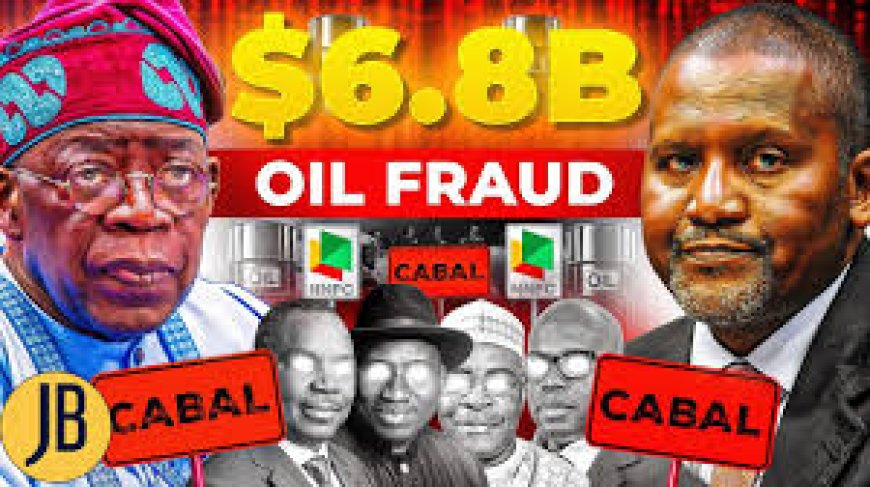
The Shocking Revelations of Nigeria's Biggest Oil Scandal
In January 2009, the office of the Accountant General of the Federation of Nigeria was a hive of activity. One particular section was the busiest, as the official in charge of money transfers had just concluded 128 transfers in the last 24 hours. Each transfer amounted to 999 million Naira, totaling a staggering 127.872 billion Naira sent to 128 different beneficiaries. These payments were allegedly for something called "fuel subsidy".
Over the following months, oil marketers would receive huge sums of money, amounting to 23.084 billion Naira, as subsidies for petroleum products that were never supplied. Nigeria's National Oil Company, the NNPC, was not left out of this scandal, paying itself 31.4 billion Naira for something it called "arrears of subsidy" on kerosene, even though the President had ordered the removal of subsidies for kerosene months earlier.
This scandal would throw the country into chaos, with both houses of the National Assembly launching a series of investigations that would reveal one of the most shocking frauds in Nigeria's history - a $6.8 billion scam that lasted for 3 years. The big question was, who were the culprits, and how did they get away with it?
The Origins of the Fuel Subsidy Scheme
The story of Nigeria's fuel subsidy scandal can be traced back to the 1970s, when the Arab world was in disarray following the decision of a coalition of Arab countries to attack Israel. This sparked a global oil crisis, with the Organization of Arab Petroleum Exporting Countries placing an oil embargo on the United States and its allies.
As a result, the price of oil skyrocketed, going from $2.9 per barrel before the embargo to $11.65 per barrel in January 1974. This marked the beginning of a huge problem for Nigeria, a country that was just coming out of a devastating civil war and was heavily reliant on petroleum products for its daily life.
To help its citizens cope with the higher prices, the Nigerian government introduced a price control measure, making it illegal for some products, including petrol, to be sold above the regulated price. This policy became law in 1977 with the promulgation of the Price Control Act.
As the country's population grew and oil prices continued to rise, the amount required to subsidize petroleum products kept increasing. Soon, greedy politicians and oil marketers saw an opportunity to make money off the system, and what started as a noble cause to help the citizens became a playground for corrupt public officials to loot and mismanage public resources.
The Unraveling of the Scandal
In January 2012, Nigeria's President Goodluck Jonathan delivered one of his most unpopular speeches, announcing that his government was considering ending the fuel subsidy regime as part of efforts to transform the economy and guarantee prosperity for all Nigerians. This decision sparked widespread protests, known as the "Occupy Nigeria" protest of 2012.
The House of Representatives, in an attempt to avoid a full-blown anarchy, swung into action and set up an ad-hoc committee to investigate the fuel subsidy regime. The committee decided to broaden the scope of the investigation to cover three years, from 2009 to 2011.
The ad-hoc committee held public hearings, taking sworn testimonies from 130 witnesses and receiving over 3,000 volumes of documents. What they uncovered was a shocking tale of corruption and fraud that had been plaguing the fuel subsidy scheme for years.
The Corrupt Practices Uncovered
The committee's investigation revealed several instances of fraudulent practices and mismanagement of the fuel subsidy funds:
- Much of the amount claimed to have been paid as subsidy was not for consumed petrol. Importers were being paid subsidies for 59 million liters of petrol per day, while the country only consumed 35 million liters per day.
- The official figure of subsidy payment released to the public was 1.3 trillion Naira, but the Accountant General of the Federation put forward a different figure of 1.6 trillion Naira, and the Central Bank of Nigeria released yet another figure of 1.7 trillion Naira. The committee established the actual subsidy payment as 2.5 trillion Naira, more than 900% over the appropriated sum of 245 billion Naira.
- The NNPC went rogue and was unaccountable to any authority. The corporation processed payment of 3.104 billion Naira as "arrears of subsidy" on kerosene, even though a Presidential Directive had removed subsidy on kerosene in 2009.
- Some marketers collected subsidies of over 23.084 billion Naira for PMS volumes of 3.2 billion liters that were never supplied.
- Certain government agencies, such as the Petroleum Products Pricing Regulatory Agency, allegedly paid themselves 158 billion Naira in 2009 and 157 billion Naira in 2010 from the subsidy funds.
- The Accountant General who served during the period 2009 was found to have made payments of equal installments of 999 million Naira for a record 128 times within 24 hours on the 12th and 13th of January 2009, totaling 127.85 billion Naira.
The committee recommended the refund of over 1 trillion Naira to the National Treasury from the suspected fraudulent beneficiaries and the investigation of companies that were alleged to have received foreign exchange with questionable utilization.
The Culprits and Their Alleged Involvement
The investigation revealed the names of several companies and individuals who were allegedly involved in the fuel subsidy fraud. Some of the key players include:
- Business Ventures Nigerian Limited, East Horizon Gas Company Limited, Adeb Energy, Pokat Nigerian Limited, Synopsis Enterprises Limited, Zenon Pet and Gas Limited, Canival Energy Oil Limited, Crown Lines, Ice Energy Petroleum Trading Limited - These companies were alleged to have obtained foreign exchange but did not import petroleum products.
- Mut-Hass Petroleum Limited, Nepal Oil and Gas Service, Oilbath Nigeria, Techno Oil Limited, Somerset Energy, Stonebridge Oil, Crust Energy, - These companies were alleged to have participated in the fuel subsidy scheme but refused to appear before the committee and never submitted the required documents.
- Abdul Afeez of Fagu Petroleum and Gas Limited, Abubakar Peters (Managing Director of Nadabo Energy Limited), and Ikechukwu Onuabuchi of Star Inspection Services Nigerian Limited - These three oil marketers were declared wanted by the Economic and Financial Crimes Commission (EFCC) for offenses bordering on criminal conspiracy, obtaining money by false pretenses, and money laundering.
- Oando Oil, Conoil, African Petroleum, and MRS Oil - These companies were alleged to have shared over 3.65 trillion Naira between 2006 and September 2011 in the name of importing refined petroleum products into Nigeria.
According to Senator Magnus Abe, the chairman of the Nigerian Senate joint committee on petroleum, appropriation, and finance, some 100 companies in the downstream sector and in construction shared over 1.426 trillion Naira between January and August 2011 alone.
The Aftermath and Lack of Prosecution
Despite the damning revelations and the recommendations made by the ad-hoc committee, not all of the indicted marketers were ever prosecuted by the Nigerian government. Companies like Masters Energy, Satana Energy, Prudent Energy, and AMG Petrol Energy were never charged to court.
In 2012, a House of Representatives committee led by Farouk Lawan named AMG Petrol Energy, Satana Energy, and Prudent Energy in a list of 68 oil marketers that collected subsidy funds from the federal government illegally. The committee mandated the three companies to refund the sum of 7.2 billion Naira, 2.7 billion Naira, and 1.3 billion Naira, respectively, to the Nigerian government. However, Prudent Energy, which failed to appear before the committee, was never prosecuted.
The probe itself was not free of corruption allegations. It was reported that the chairperson of the committee, Mr. Lawan, allegedly collected a bribe from Mr. Femi Otedola, the managing director of Zenon Oil, in an attempt to shield the independent marketers who had colluded with the state to steal public resources. Mr. Lawan was later charged to court, but even with these investigations and trials, questions still remain about whether Nigeria truly solved the problem or simply replaced the scammers with more powerful ones.
Lessons Learned and the Ongoing Struggle
The fuel subsidy scandal in Nigeria exposed the deep-rooted corruption that had plagued the country's petroleum industry for years. It highlighted the need for greater transparency, accountability, and oversight in the management of public resources.
Despite the efforts to investigate and prosecute the culprits, the problem of fuel subsidy fraud in Nigeria persists. The government's attempts to deregulate the downstream petroleum sector and remove the subsidy have been met with resistance and protests, as the Nigerian people continue to demand that the government address the underlying issues of corruption and mismanagement.
As Nigeria continues to grapple with the challenges of the fuel subsidy regime, it is clear that the country must take bold and decisive steps to tackle the root causes of the problem. This may involve implementing stronger anti-corruption measures, improving the governance of the NNPC, and ensuring that the benefits of the country's oil wealth are equitably distributed among its citizens.
For those interested in learning more about the fuel subsidy scandal and Nigeria's ongoing efforts to address it, I recommend checking out the resources, including my course on www.kreenoplus.com and the opportunity to support my work through news@probitasreport.com .
Together, we can work towards a more transparent, accountable, and equitable Nigeria, where the country's vast resources are used to benefit all its citizens, not just a few corrupt individuals and companies. Send all reports or petitions to caffia@kreenoholdings.com or online via FRAUDTRAK
For Your Debt Collection Services kindly call
By Dr. Ohio O. Ojeagbase, FICA, FIDR
President, Kreeno Holdings LLC
(A Decentralized Business & Financial Security Firm)
Email: ohioo@kreenoholdings.com & drkreeno@gmail.com
Kindly share this story:
Contact: report@probitasreport.com
Stay informed and ahead of the curve! Follow The ProbitasReport Online News Report on WhatsApp for real-time updates, breaking news, and exclusive content especially when it comes to integrity in business and financial fraud reporting. Don't miss any headline – and follow ProbitasReport on social media platforms @probitasreport
[©2024 ProbitasReport - All Rights Reserved. Reproduction or redistribution requires explicit permission.]
What's Your Reaction?







